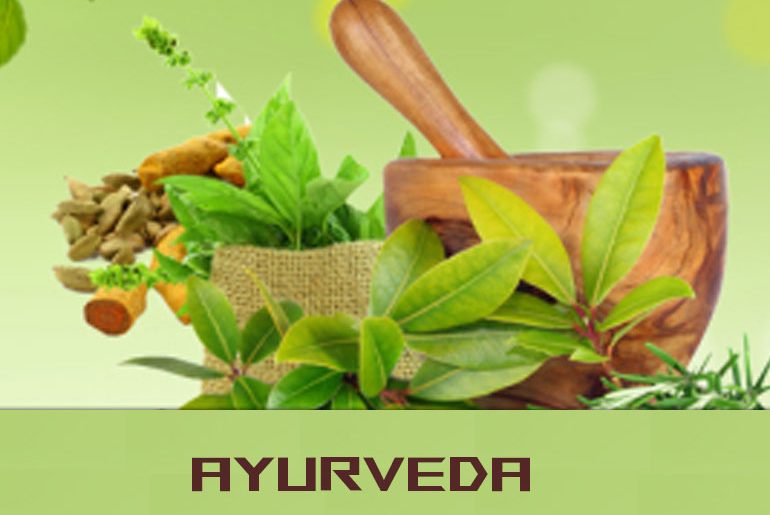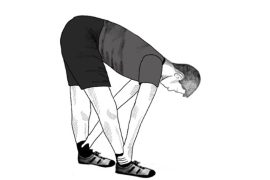In today’s fast-paced world, stress has become a constant presence that negatively impacts both mental and physical health. Ayurveda, India’s ancient system of healing, offers a holistic approach to managing stress, emphasizing the importance of balancing the body and mind through natural practices. Unlike conventional methods that focus on eliminating symptoms, Ayurveda seeks to address the root causes of stress, which are often linked to imbalances in the body’s doshas (biological energies), erratic lifestyles, poor dietary habits, and insufficient rest. By realigning the body and mind with nature, Ayurveda aims to not just manage stress but resolve it at its core.
Ayurveda views stress primarily as an imbalance in the Vata and Pitta doshas. Vata, associated with movement and activity, can be thrown off balance by irregular routines, while Pitta, connected to transformation and metabolism, becomes imbalanced due to excessive work or stress. These imbalances lead to both physical and mental strain. Ayurvedic practices, including meditation, mindful breathing (pranayama), and a balanced, personalized diet, work to restore equilibrium and reduce the physiological impact of stress. Through these practices, the body’s natural state of harmony is supported, enabling individuals to cope better with challenges.
Ayurvedic herbs like Ashwagandha, Shatavari, and Brahmi play a significant role in managing stress. These adaptogenic herbs help the body adapt to stress and maintain balance. Ashwagandha, for example, is renowned for its ability to calm the nervous system and support resilience in stressful situations. Ayurveda also tailors treatments to the individual’s unique constitution, or prakriti, ensuring that stress relief methods are personalized. Therapeutic practices like Shiro Abhyanga (head massage), Shiro Dhara (oil pouring therapy), and Pada Abhyanga (foot massage) are designed to target stress in specific areas of the body and mind, offering a comprehensive approach to reducing tension.
In Ayurveda, stress management is seen as a lifelong practice that requires self-awareness and consistent care. This holistic approach fosters inner peace by teaching individuals how to cultivate resilience, balance, and harmony in all aspects of life. Ayurveda acknowledges that challenges will always be present, but the goal is not to eliminate them but to equip the body and mind to handle them with grace. This ongoing process of self-care helps to nurture the physical, mental, and spiritual well-being of individuals.
The Ayurvedic philosophy divides human existence into five layers or “koshas,” each representing a different dimension of the self:
- Annamaya Kosha (Earth): The physical body, nourished by food.
- Pranamaya Kosha (Water): Life energy, maintained by breath.
- Manomaya Kosha (Fire): The mental layer, influenced by thoughts and emotions.
- Vijyanmaya Kosha (Air): The wisdom layer, composed of knowledge, intuition, and will.
- Anandmaya Kosha (Space): The bliss layer, representing the experience of pure joy and consciousness.
Ayurveda suggests that stress management involves harmonizing these layers, addressing each one through specific practices and mindfulness. Managing energy throughout the day—physical energy through food, mental energy through breath control, life energy through discipline and resilience, and environmental energy through balance—is key. This approach involves using the Ayurvedic principles of Rajas (kinetic energy), Tamas (potential energy), and Satwa (the essence of consciousness) to balance the mind, body, and spirit effectively.
In essence, Ayurveda offers a comprehensive and sustainable strategy to combat stress in an overworked world. By focusing on holistic well-being and aligning oneself with natural rhythms, Ayurveda empowers individuals to navigate the challenges of modern life with balance, peace, and resilience.
Disclaimer:
The information contained in this article is for educational and informational purposes only and is not intended as a health advice. We would ask you to consult a qualified professional or medical expert to gain additional knowledge before you choose to consume any product or perform any exercise.







